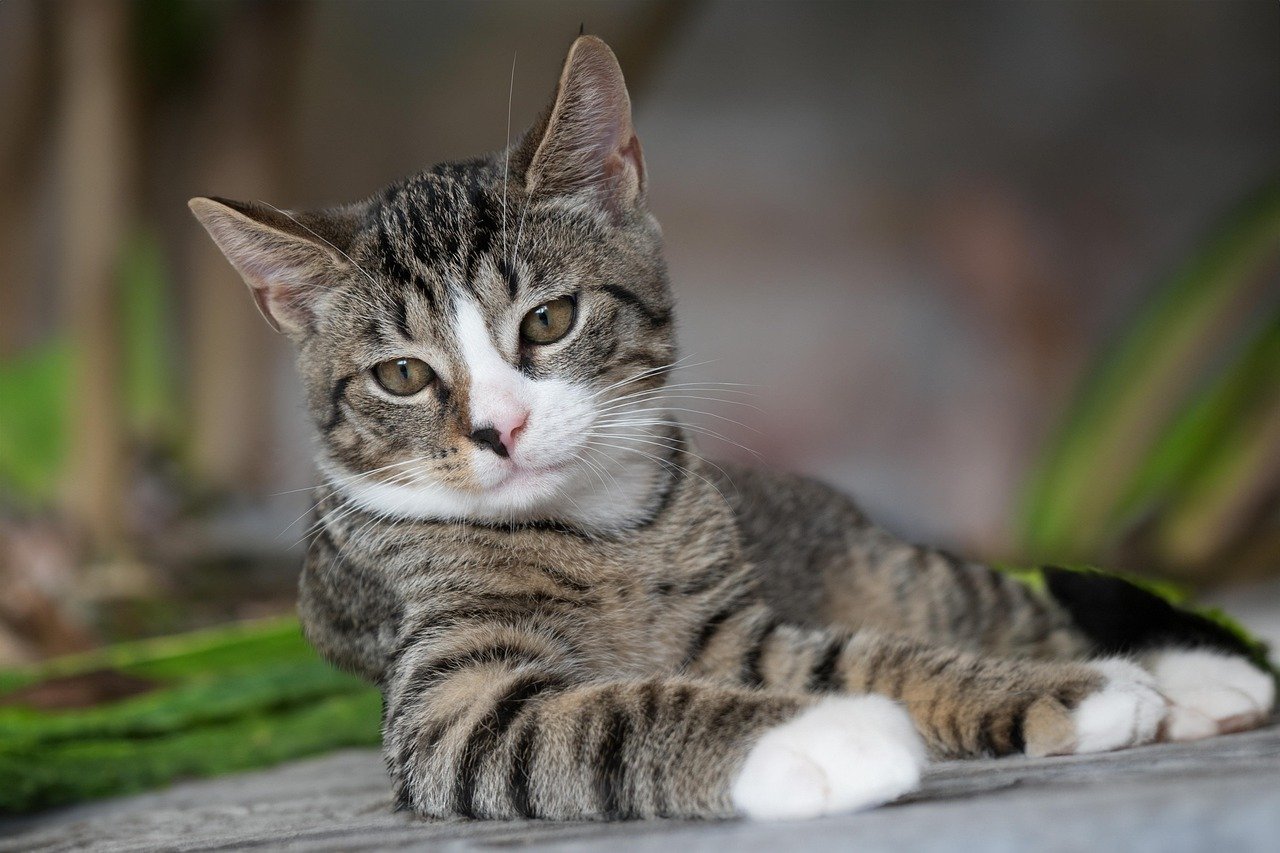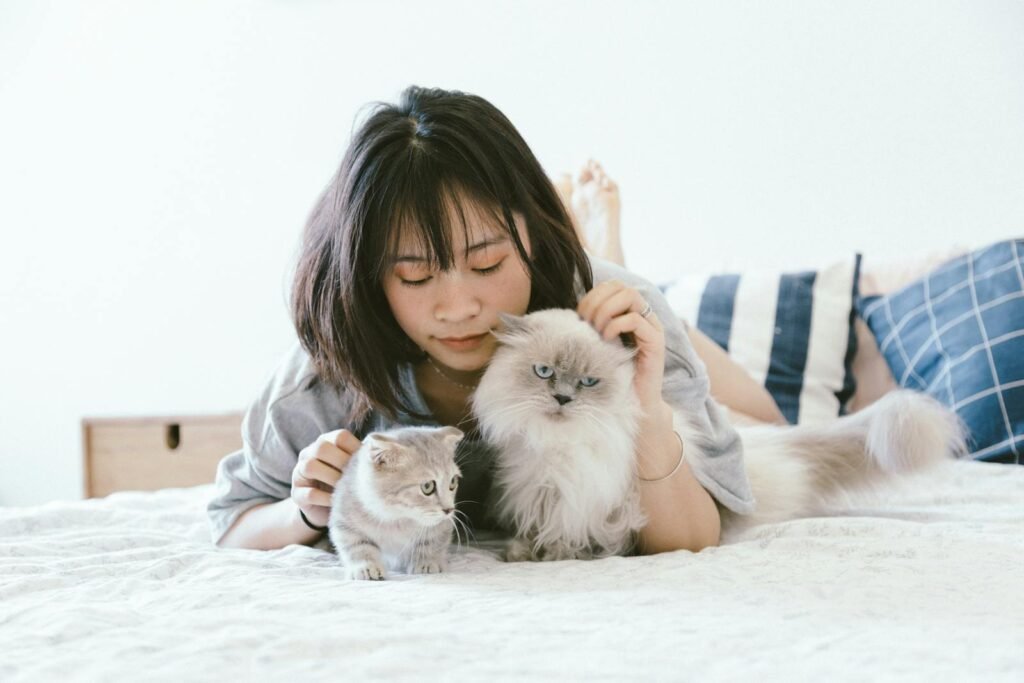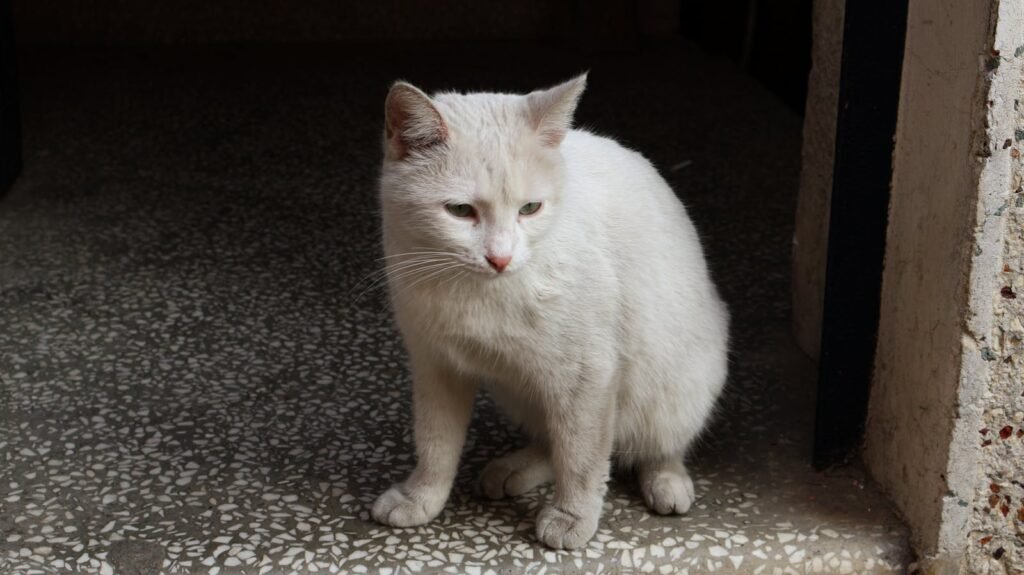Positive reinforcement is a powerful tool, not just for training, but for nurturing a harmonious relationship with your feline friend. Cats, known for their independent nature, can sometimes seem aloof. Yet, with patience and the right approach, you can foster a deeper connection. The secret lies in rewarding desired behaviors, creating a cycle of positivity that benefits both you and your cat. By understanding and implementing positive reinforcement, you can transform your interactions into moments of joy and mutual respect.
Understanding Positive Reinforcement
Positive reinforcement involves rewarding a behavior to encourage its recurrence. It’s like when you receive praise for a job well done, motivating you to continue performing well. With cats, this means rewarding them with treats, affection, or playtime when they exhibit desirable behaviors. The key is consistency; rewards must follow the behavior closely to reinforce the connection. Think of it as laying the foundation for a more cooperative and trusting relationship. By focusing on what your cat does right, you create a positive environment that encourages learning and growth.
Identifying Desired Behaviors
Before you can reinforce good behavior, you need to know what you’re looking for. Desired behaviors might include using the litter box, not scratching furniture, or coming when called. Each cat is different, so tailor your goals to fit your pet’s personality and needs. Observe your cat’s natural inclinations and think about what behaviors would make your living situation more pleasant. By setting clear goals, you provide your cat with a roadmap to success, making the learning process smoother and more enjoyable for both of you.
Choosing the Right Rewards
Not all rewards are created equal. What motivates one cat might not work for another. Some cats are food-driven and will do anything for a tasty treat. Others may be more responsive to affection, such as petting or verbal praise. Some cats even enjoy playtime as a reward. Experiment with different types of rewards to see what your cat responds to best. Remember, the reward should be something your cat truly values, turning their good behavior into an opportunity for both of you to share a moment of happiness.
Timing is Everything
The effectiveness of positive reinforcement hinges significantly on timing. Reward your cat immediately after the desired behavior to ensure they associate the reward with the action. Delays can confuse your cat, as they might not link the reward to the behavior you intended to reinforce. Imagine trying to connect dots on a map without knowing where they lead; timely rewards provide your cat with a clear path to follow. Consistency in timing helps your cat understand what is expected and fosters a more predictable and secure environment.
Consistency is Key

Consistency in applying positive reinforcement is crucial for success. If you sometimes reward a behavior and other times ignore it, your cat might become confused. It’s similar to learning a language; without regular practice, the words fade away. Set a routine and stick to it, ensuring that every family member is on the same page about which behaviors are being reinforced. By creating a predictable and consistent environment, your cat will feel more confident and secure, strengthening the bond between you.
Creating a Positive Environment
A positive environment is one where your cat feels safe and valued. It’s not just about rewards; it’s about creating an atmosphere where your cat can thrive. Provide plenty of opportunities for play, exploration, and rest. Ensure your home is a welcoming space with cozy spots for napping and toys for entertainment. By nurturing a positive environment, you encourage your cat to display good behavior naturally, making it easier to reinforce and build upon over time.
Avoiding Negative Reinforcement
While the focus is on positive reinforcement, it’s essential to understand the pitfalls of negative reinforcement. Punishing undesired behaviors can damage your relationship and create fear. Cats respond better to encouragement than to criticism. Instead of focusing on what your cat does wrong, redirect their behavior and reward the positive actions. Think of it as guiding a river; gentle redirection is more effective than building a dam. By maintaining a positive outlook, you nurture a bond built on trust and mutual respect.
Building Trust through Positive Interactions

Trust is the cornerstone of any strong relationship, including that with your cat. Positive reinforcement helps build trust by showing your cat that they can count on you for support and understanding. Every interaction becomes a chance to affirm your commitment to their well-being. Over time, your cat will come to see you as a source of comfort and security, deepening the bond between you. Trust is like a garden; with regular care and attention, it flourishes and grows stronger.
Adapting to Your Cat’s Needs
Every cat is unique, with their own set of preferences and quirks. The key to successful positive reinforcement is adaptability. Stay attuned to your cat’s changing needs and adjust your approach accordingly. What worked yesterday might not work today, so be flexible and willing to try new strategies. By staying responsive to your cat’s needs, you demonstrate your dedication to their happiness, reinforcing the bond of companionship and love.
Patience and Persistence

Building a stronger bond with your cat through positive reinforcement requires patience and persistence. Change doesn’t happen overnight, and there will be setbacks along the way. Like climbing a mountain, the journey is as important as the destination. Celebrate small victories and remain patient as your cat learns and grows. With time and dedication, your efforts will yield a rewarding relationship that brings joy and fulfillment to both you and your feline friend.

Suhail Ahmed is a passionate digital professional and nature enthusiast with over 8 years of experience in content strategy, SEO, web development, and digital operations. Alongside his freelance journey, Suhail actively contributes to nature and wildlife platforms like Feline Fam, where he channels his curiosity for the Feline into engaging, educational storytelling.
With a strong background in managing digital ecosystems — from ecommerce stores and WordPress websites to social media and automation — Suhail merges technical precision with creative insight. His content reflects a rare balance: SEO-friendly yet deeply human, data-informed yet emotionally resonant.
Driven by a love for discovery and storytelling, Suhail believes in using digital platforms to amplify causes that matter — especially those protecting Earth’s biodiversity and inspiring sustainable living. Whether he’s managing online projects or crafting wildlife content, his goal remains the same: to inform, inspire, and leave a positive digital footprint.






